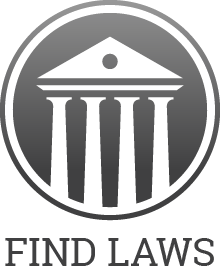6 Important United States Bankruptcy Laws
Most Americans have heard about bankruptcy, but many do not realize how many laws the United States Bankruptcy Code includes. For example, you may know about Chapters 7 and 13, but what about Chapters 9, 11 and 12?
While it is unlikely you will have to worry about any chapters other than the seventh or thirteenth during an individual bankruptcy filing, the others may impact you if you have a business, farm or other unique debtor situation. To learn more about this complex financial code, consider these six laws.
1. Discharge
Under U.S. law, a bankruptcy discharge releases debtors from financial obligations for certain types of debt. Available in Chapters 7, 11, 12 and 13, discharges look different depending on which chapter a debtor chooses to file.
2. Chapter 7
A chapter of “liquidation” under U.S. Bankruptcy Code, Chapter 7 involves the selling of any assets that do not fit into state or federal exemptions. Profits from sales go to creditors to help them recover the debt.
3. Chapter 9
Unless you are overseeing the administration of a municipality, such as a city or town, you will probably not have to worry about this chapter. With that said, this is the one that covers the reorganization of municipalities when public debts become excessive.
4. Chapter 11
If you are a business owner, Chapter 11 may be relevant to you. With this part of law, the Constitution also grants corporations the right to restructure debts.
5. Chapter 12
If you consider yourself a “family farmer” or “family fisherman” and that is how you earn income for the majority of the year, then Chapter 12 bankruptcy laws may be of interest. Under this chapter, debtors with these professions may repay debts via a 3- or 5-year installment plan.
6. Chapter 13
Another chapter with a 3- to 5-year repayment option, Chapter 13 is one of the most common routes that individual filers take. With these laws, debtors may keep property while they repay their creditors over an agreed-upon amount of time. If you would like to find a chapter 13 bankruptcy lawyer in Clearwater, FL, then a lawyer like Carolyn Secor, P.A., may be of service to you.
Regardless of what leads to bankruptcy, one thing is certain: You are not alone. Falling behind on debts is something that happens to thousands of individuals, businesses and even cities.
